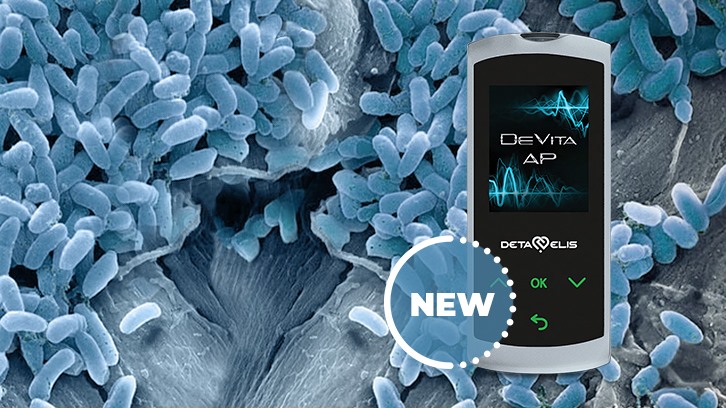Pseudomonas aeruginosa is a highly pathogenic bacterium that can easily come into contact with a human organism during treatment in a hospital. Its transmission in everyday life is possible, but it happens less often. Most of the time, this pathogenic bacterium lives in intensive care units because there is a large number of equipment and instruments used repeatedly. At the same time, this pathogenic bacterium is insensitive to many antiseptics.
Pseudomonas aeruginosa causes various diseases, depending on the location of the infection.
According to statistics, pseudomonas is a factor of:
- about 35% of all diseases of the urinary system,
- almost 1/4 of all purulent surgical pathologies,
- about 5-10% of in-hospital pneumonia cases
- and about 10-35% of cases of pneumonia that developed on the third day or later after the person was admitted to the hospital.
How is Pseudomonas aeruginosa transmitted?
Transmission:
- airborne (coughing, sneezing, speech);
- contact (through household items, tools, towels);
- food (through poorly processed milk, meat or water).
The new program "Without Pseudomonas aeruginosa" on the DeVita AP Mini device, is specifically aimed at destroying these micro-organisms without damaging the organs and systems of the human organism.
Application: Daily, for 2 weeks. (GENERAL LIST OF PROGRAMS 2/No. 37)




